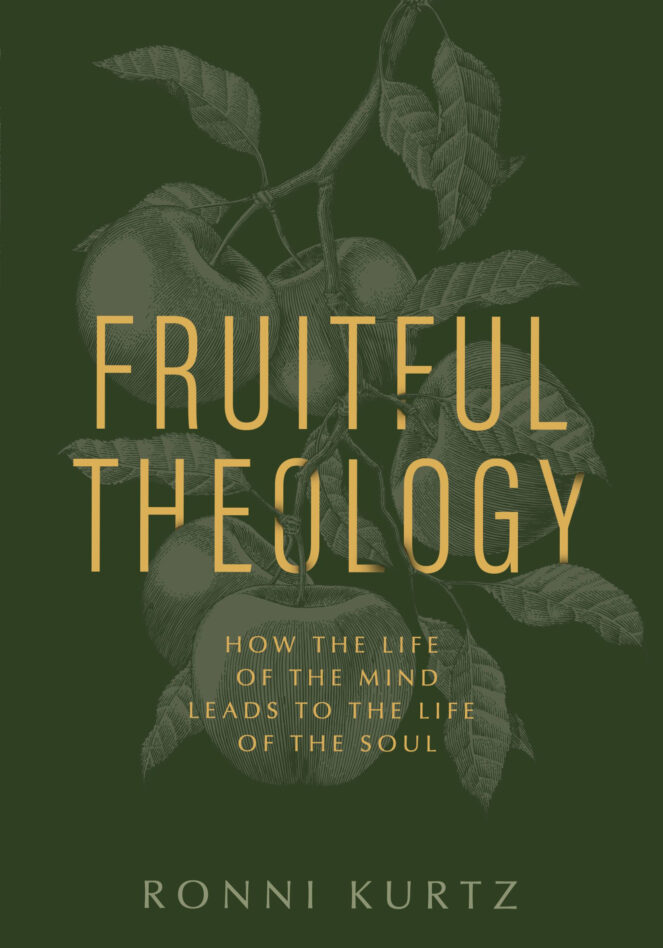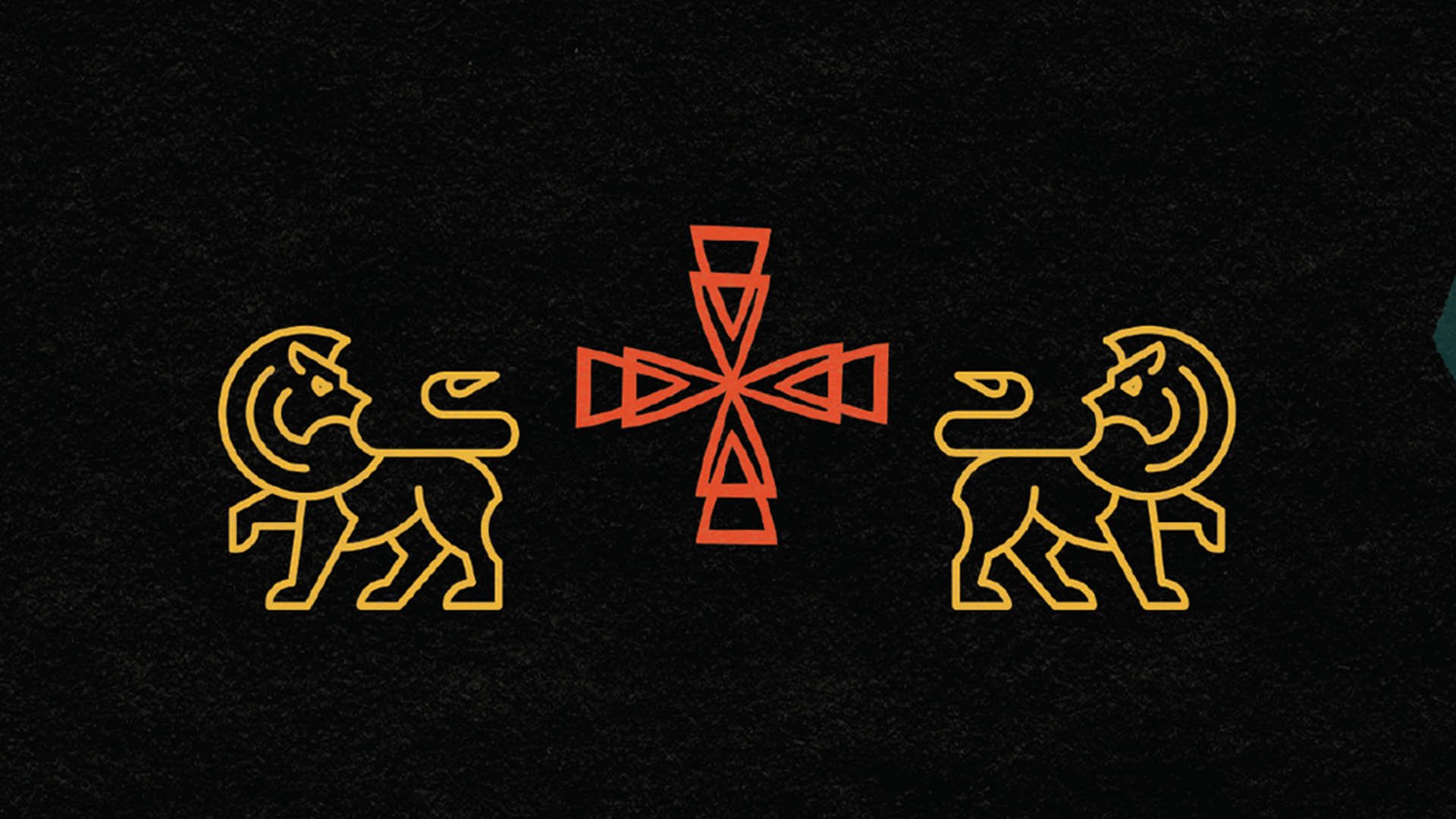
The book of Galatians is a grace-laced dagger that pierces the heart of righteousness sought by works. Written from a place of deep concern, the apostle Paul pens the letter to the Galatians in distress that they’ve abandoned the gospel of Jesus Christ. And it makes sense that Paul is dismayed — no other news brings life everlasting.
The opening sentence of Galatians 5 is worth a lifetime of meditation. These six words come together as balm for the weary and restless soul. The chapter begins, “For freedom, Christ set us free” (Gal 5:1a). The glorious indicative is followed by a vital imperative, “Stand firm, then, and don’t submit again to a yoke of slavery” (Gal 5:1b). Christ and his gospel bring freedom, not slavery.
Paul brings up this truth of the Christian faith to ask the Galatians a vital question: “You were running well. Who prevented you from being persuaded regarding the truth?” (Gal 5:7). Elaborating on his question, Paul discusses two ways of living: one, a life well lived; the other, a life in need of reformation. Here, Paul contrasts the fruit of the Spirit (Gal 5:22-26) and the works of the flesh (Gal 5:19-21).
But the fruit of the Spirit is love, joy, peace, patience, kindness, goodness, faithfulness, gentleness, and self-control. The law is not against such things. Now those who belong to Christ Jesus have crucified the flesh with its passions and desires. If we live by the Spirit, let us also keep in step with the Spirit. Let us not become conceited, provoking one another, envying one another.
Paul lists more vices in the “works of the flesh” than virtues within the “fruit of the Spirit.” Indeed, there are nine fruit of the Spirit in this chapter and 15 works of the flesh with a 16th extender, “anything similar.” Like the Galatians, our fruit reveals our theology — our understanding of God and all things in relation to God — and whether we have abandoned the gospel of Jesus Christ.
The diagnostic question, then, is simple: Does the way you think about theology, the way you do theology, and the way you talk about theology typically lead to love, joy, peace, patience, kindness, goodness, faithfulness, gentleness, and self-control? Or does the way you think about theology, the way you do theology, and the way you talk about theology typically lead to moral impurity, idolatry, hatred, strife, jealousy, outbursts of anger, selfish ambition, dissension, factions, and envy?
Allow me to make four brief observations about the fruit of the Spirit versus the work of the flesh that might help bring into focus the importance of this question.
1. Remember the context. Recall the opening line of the chapter: It is for freedom you’ve been set free. Submitting our thought lives to the fruit of the Spirit versus the works of the flesh comes with substantial consequence. For the life of the mind that leads to the fruit of the Spirit is a life of intellectual freedom. We are called to “take every thought captive” (2 Cor 10:5). And bringing the fruit of the Spirit into conversation with our theological endeavors shows us that either we will obey and take every thought captive, or our thoughts will take us captive. The Christian who bends his or her thoughts toward the fruit of the Spirit is the Christian who lives in freedom, not slavery.
2. Notice Paul’s list has a singular subject. You might have noticed that it is the “fruit” of the Spirit, not the “fruits” of the Spirit. That is to say, for example, there is no such world in which we are called to cultivate joy and peace but may forsake self-control. A Christian theology that leads to goodness but not gentleness is incomplete. It is not enough for us to bend our thought life toward a handful of the fruit of the Spirit. We must go after them all. When we bring these virtues together, we get a good sampling of Christian wisdom.
3. Don’t lose the significance of the reality that these are the fruit of “the Spirit.” The task we have before us — cultivating a life of the mind that leads to the fruit of the Spirit — is a spiritual task. Toiling to produce the kind of fruit described in Galatians 5 apart from the help of the Holy Spirit is a fool’s errand. In fact, allow me to advise you to consistently pray that the Lord would allow you the grace to have a thought life and theology that lead to fruitfulness. Pray for joy. Pray for peace. Pray for kindness, etc. If this is the fruit of the Spirit, enlist the Spirit in your theological journey and allow him to be the great sanctifier he is.
4. Focus on the right outcome. Return once more to Galatians 5. Just before the passage above, Paul describes the destination to which each way of life will lead. For those who pursue the works of the flesh, their outcome will be that they “bite and devour one another” and that eventually they “will be consumed by one another” (Gal 5:15).
With much sorrow, we have seen this exact outcome in the theological world. As theologians rage, their zeal is aimed at one another. Instead of linking arms to pursue the Great Commission as fellow laborers, they set out for friendly fire, participating in a made-up war, in which no one wins.
Our theology ought not lead to the consumption of our brothers and sisters in Christ. On the contrary, look at what Paul says is the outcome for those who live by the fruit of the Spirit. You will seek to “love your neighbor as yourself” (Gal 5:14) and “carry one another’s burdens; in this way you will fulfill the law of Christ” (Gal 6:2).
Theology that leads to the fruit of the Spirit
To summarize this point by way of stark dichotomy: Theology done by way of the flesh is characterized by strife, fits of anger, dissension, and divisions. Theology done in this way will lead to devouring one another. On the contrary, theology done in the fruit of the Spirit — which is characterized by love, kindness, gentleness, and joy — will lead to bearing one another’s burdens and loving our neighbors as ourselves. The drastic difference in outcome demonstrates the importance of the task at hand.
If theology is a weapon, then, let it be a weapon of love.
Adapted with permission from Fruitful Theology by Ronni Kurtz. Copyright 2022, B&H Publishing.





